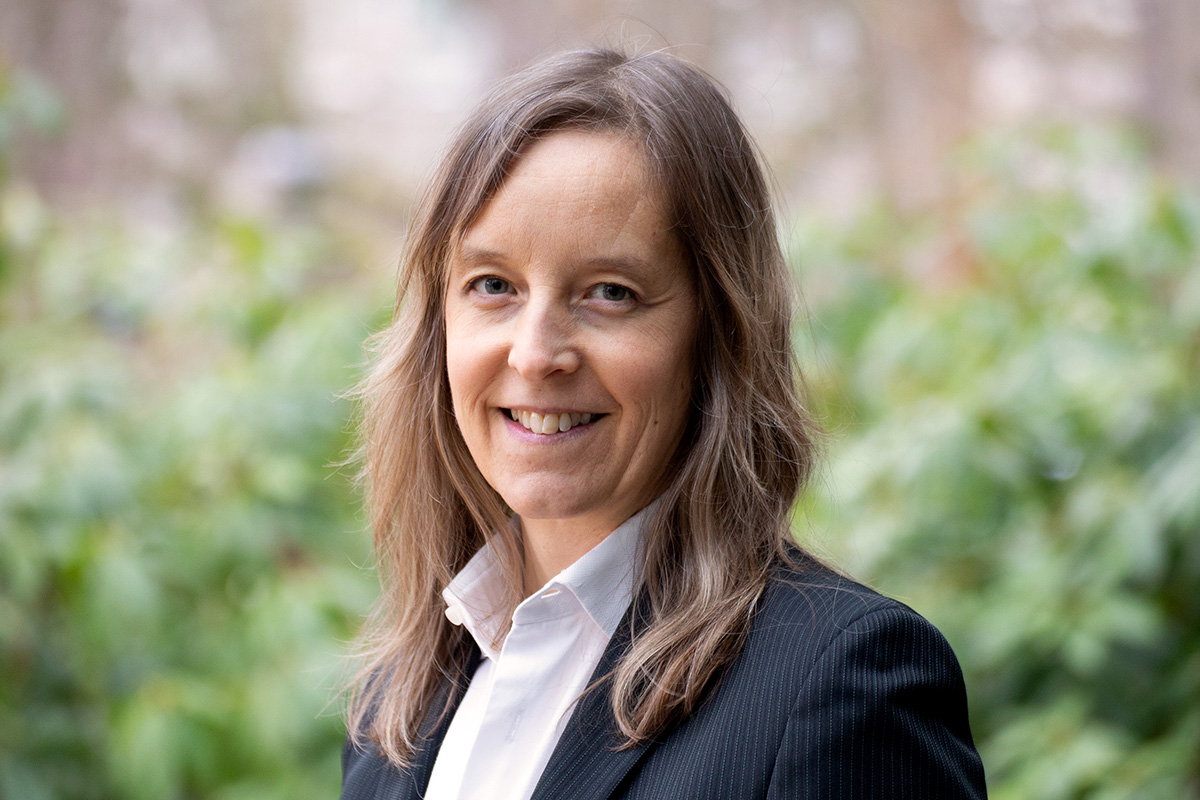
The Childhood Experiences Questionnaire: Data Collection

Since 2019, over one third of BC school districts have participated in the CHEQ, with the goal to have CHEQ available for all school districts across BC by 2024.
CHEQ Completion
The CHEQ is completed by parents and caregivers of incoming kindergarten students.
Online Questionnaire
Can be completed online at school or at home and takes approximately 15 minutes.
All about Experiences
Used to collect information on experiences that are strongly linked to children’s health and well-being, learning and social outcomes.
Benefits of the CHEQ
Used to help educators, school district and community partners provide and improve supports for children and families.
CHEQ is Voluntary
Completion of the CHEQ by parents and caregivers is voluntary.
CHEQ is NOT
Used to evaluate individual children, families or parents or to assess children’s skills or abilities.
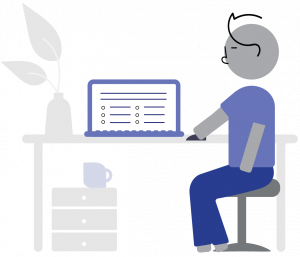
How are data collected using the CHEQ?
Preparation for CHEQ Data Collection
The schedule for school district participation in the CHEQ is determined by HELP and school district administrators. When a school district agrees to participate, a number of processes are put into motion for all involved parties, including:
- School districts appoint a staff person as the CHEQ Lead. HELP provides training to all CHEQ Leads in preparation for data collection.
- Parents and caregivers of kindergarten students receive information about the upcoming CHEQ data collection prior to the start of each school year.
CHEQ Completion
Parents and caregivers are asked to complete the CHEQ as their child enters kindergarten. Schools can support CHEQ data collection in two ways:
- By providing an opportunity for parents and caregivers to complete the questionnaire during an in-person CHEQ meeting hosted at their child’s school or during one-on-one meetings with teachers, and
- By encouraging parents and caregivers to complete the CHEQ electronically at their convenience using a link and individual login emailed to them directly from the school district. This option is provided as a follow-up for those parents and caregivers unable to complete the questionnaire in-person at the school.
If you are a CHEQ School District Lead and need more information regarding your CHEQ data collection, go to the CHEQ Administration Blog
CHEQ Adminstrative Timeline:
The CHEQ is Voluntary
Completing the CHEQ is voluntary for parents/caregivers. If a parent or caregiver does not wish to share information on their child’s experiences with the teacher and school, they can choose not to complete the questionnaire. The CHEQ uses Parent/Caregiver Active Consent for participation. Prior to completing the questionnaire, parents and caregivers are prompted to review the consent letter and are only able to begin completing the questionnaire if they decide to click the “I Agree” button at the bottom of the consent form.
What happens to the information provided by the parents/caregivers?
Once a CHEQ is completed by a parent or caregiver, the information about the child’s early experiences and environments can be viewed by the child’s teacher and school personnel. This information may be used by teachers to better understand the children in their class and to plan for the school year. For this reason, the names of children are attached to these individual reports. School personnel follow their professional practice guidelines for safeguarding personal information and these reports are not publicly available.
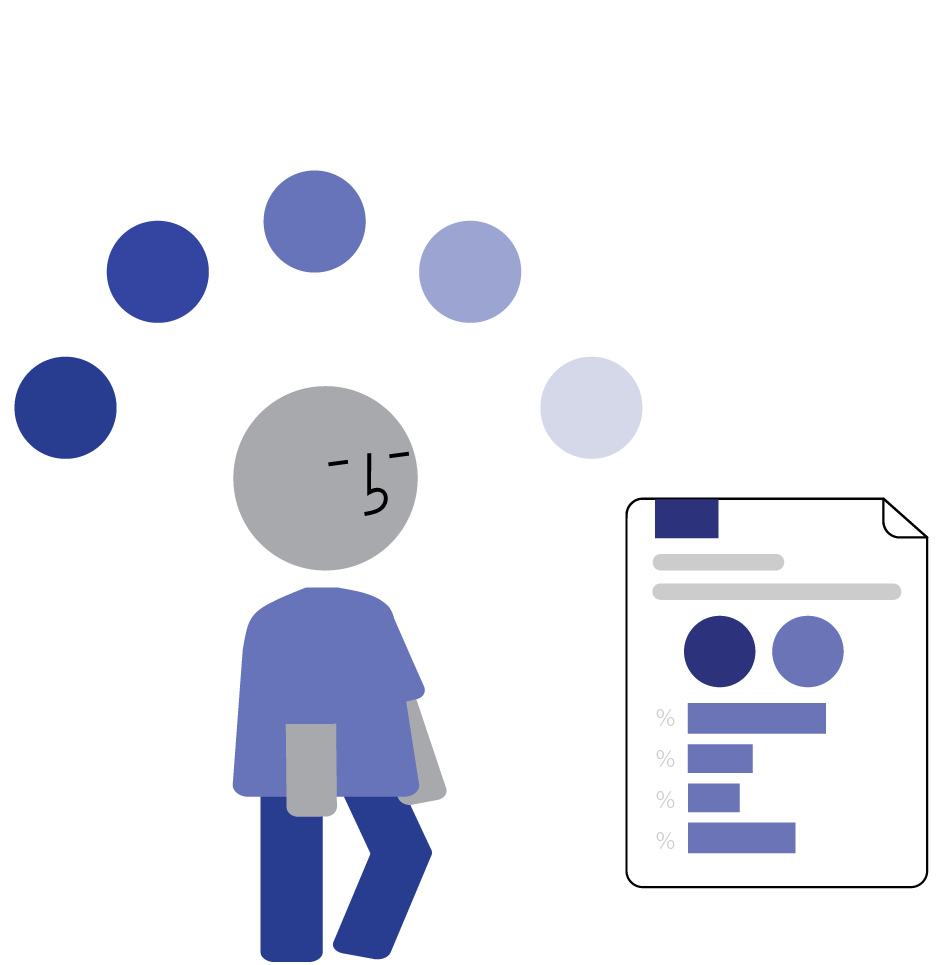
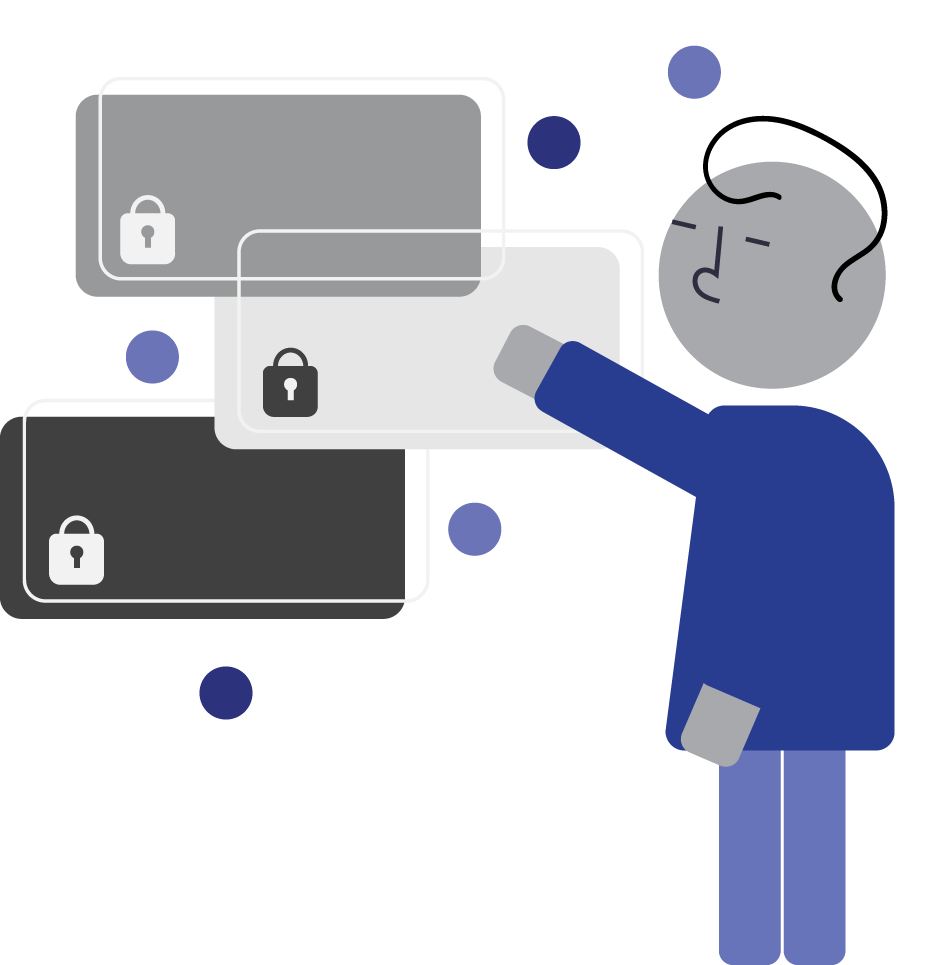
Information about Children’s Experiences and Environments
Responses to the questions about children’s experiences and environments are also grouped together, stripped of any identifying information, and summarized at the school, school district and neighbourhood level. These reports may be used by school districts, early years service providers, government and health partners for community development and service planning purposes.
Private Information
Information gathered through the CHEQ about family employment, education and income is confidential. Identifying information is removed from these responses and these data are grouped together and used for research purposes only. This population-level health data can be used to better understand the characteristics of the neighborhood and community and how different factors influence the nature of childrens’ experiences pre-kindergarten.
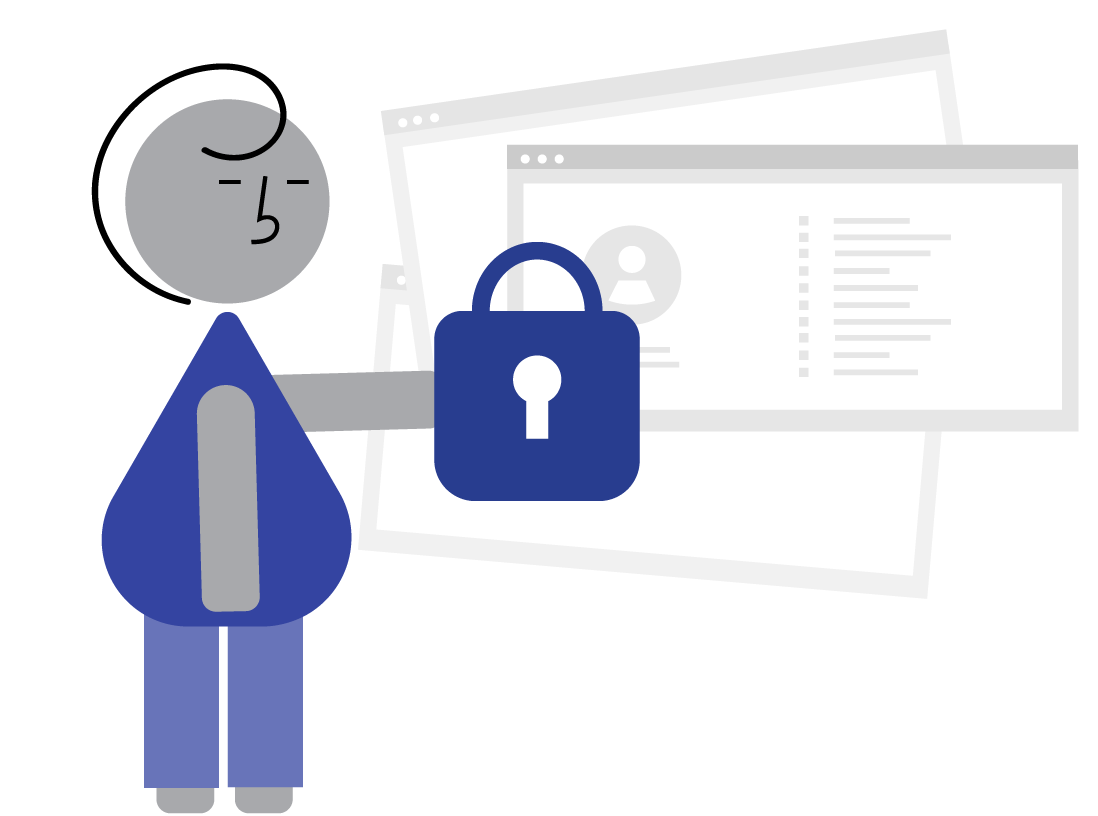
How is information collected by the CHEQ protected?
To ensure personal information is secure, the Human Early Learning Partnership (HELP) has strong measures in place and follows all rules, agreements, practices, and legislation for safeguarding data. To learn more about HELP data protection and the Five Safes’ framework for HELP research, please visit our Safeguarding Data page.
Key CHEQ Contacts
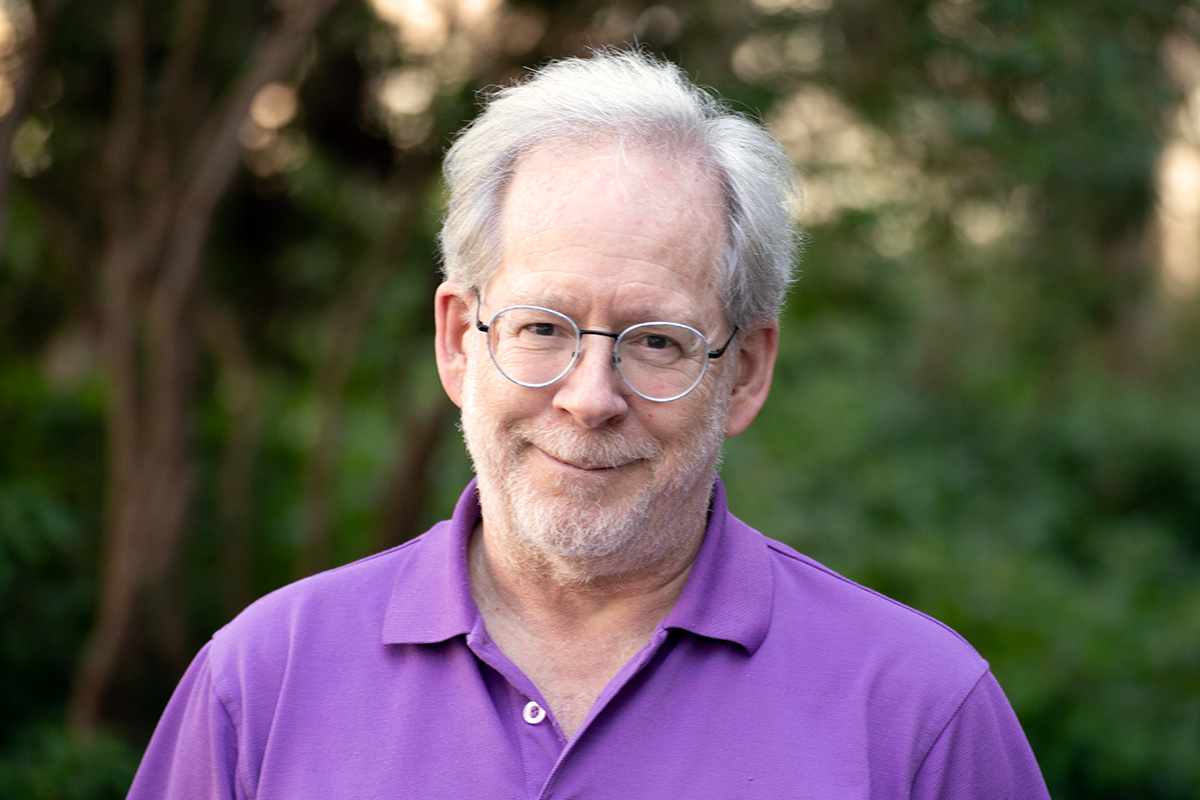
Barry Forer
Research Methodologist

Amanda Chao
Project Lead
